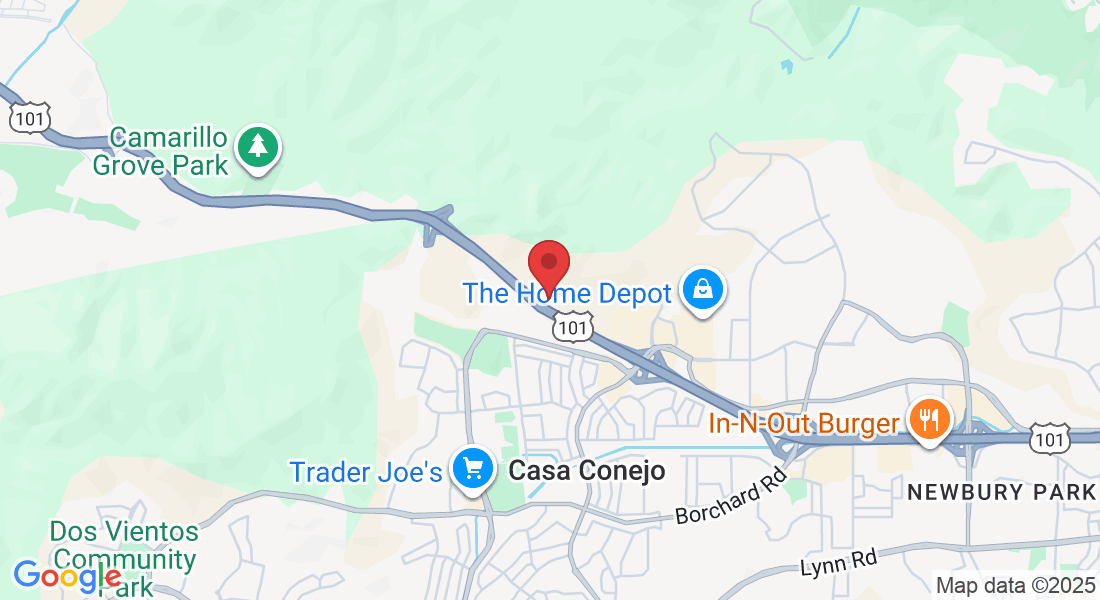General Foreclosure FAQs
What is foreclosure and how does it work in California?
Foreclosure is the legal process that allows a lender to take back a home when the homeowner has fallen behind on mortgage payments. In California, most foreclosures are non-judicial, meaning they happen outside of court. The process usually begins with a Notice of Default, followed by a Notice of Trustee’s Sale, and can end in a public auction if no resolution is reached. Homeowners often still have time to explore foreclosure prevention options during this process.
How long does the foreclosure process take in California?
In California, foreclosure can move quickly. Once a lender files a Notice of Default, the process can take as little as 120 days, though many cases last several months depending on the situation. Factors like loan type, repayment efforts, loan modifications, and legal protections can extend the timeline. Acting early gives homeowners the best chance to stop foreclosure and save their home.
What happens if I miss multiple mortgage payments?
Missing multiple mortgage payments usually results in late fees, credit score damage, and lender collection efforts. If the missed payments continue, the lender may file a Notice of Default and begin the foreclosure process. The sooner a homeowner takes action—such as contacting a foreclosure advocate, requesting a loan modification, or setting up a repayment plan—the better the chances of avoiding foreclosure.
Can I still save my home after receiving a Notice of Default?
Yes, homeowners in California often have options even after receiving a Notice of Default. Lenders may still work with you on loan modifications, repayment agreements, or forbearance plans. In some cases, Chapter 13 bankruptcy protection can immediately stop foreclosure and provide time to catch up on missed payments. With the right strategy, many homeowners are able to keep their homes after a Notice of Default.
What are my rights as a homeowner during foreclosure in California?
California homeowners have several rights during foreclosure, including:
The right to receive written notices about the process.
The right to reinstate the loan before the foreclosure sale by catching up on missed payments.
The right to redeem the property in some cases after the sale.
The right to pursue foreclosure alternatives such as forbearance, loan modification, or bankruptcy protection.
Understanding these rights—and getting help early—can make the difference between losing your home and protecting it.


